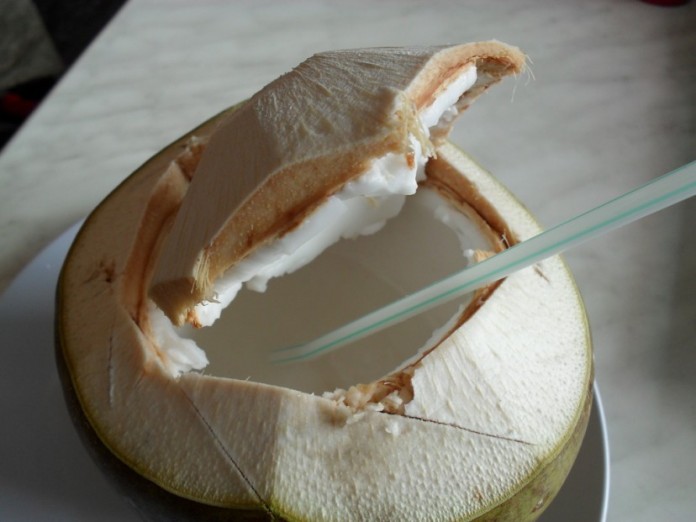When most of us think about the term electrolytes we’re reminded of Gatorade commercials, Nike super athletes, and other mainstream sports-related products. According to the New England Journal of Medicine, 13 percent of runners tested in a marathon had hyponatremia—an electrolyte disorder that occurs when your body has too much fluid, and not enough sodium. In 2012, marathoner Dr. Cynthia Lucero collapsed at the 22-mile mark, and died as a result of this condition. Although inefficient electrolytes can be devastating for athletes, it can also pose health risks to the general population.
What Are Electrolytes?
Electrolytes are minerals in your blood and other fluids that carry an electric charge. They affect the amount of water in your body, the acidity of our blood (pH), muscle function and other important processes. The most common electrolytes are sodium, chloride, potassium, phosphate, magnesium, and calcium. Most electrolytes are lost through sweat, urination, and bowel movements. Losing too many electrolytes doesn’t just pose a risk to athletes; it can affect all human beings. When there aren’t enough electrolytes in the body to support proper functioning, it’s referred to as electrolyte imbalance.
Each of the major electrolytes listed above have different purposes for the body.
Chloride
- Essential to digestion
- Balances acidity and alkalinity, which helps maintain a healthy pH
Sodium
- Controls fluids in the body, which impacts blood pressure
- Necessary for nerve and muscle functioning
Potassium
- Regulates your heart and blood pressure
- Contributes to bone health
- Essential for muscle contraction and transmitting nerve impulses
Calcium
- Assists with blood clotting
- A key component of bones and teeth
- Important to the movement of nerve impulses and muscle movement
Magnesium
- Helps maintain heart rhythm
- Important to the production of DNA and RNA
- Regulates blood glucose levels
- Contributes to nerve and muscle function
- Enhances immune system functioning
Phosphate
- Aids in cellular energy production, needed for tissue growth and repair
- Strengthens bones and teeth
As mentioned by the essential functions above, an imbalance in these electrolytes poses serious health risks. Electrolyte imbalance may not only cause health complications but can also be caused by certain conditions including: vomiting and diarrhea, fluid loss from heavy exercise, medications such as antibiotics, chemotherapy, and diuretics, alcoholism, kidney disease, eating disorders, heart failure, forms of cancer, and severe burns.
How To Know If I Have An Electrolyte Imbalance?
Many of the symptoms of electrolyte imbalance vary by the type of electrolyte that is imbalanced, but some common symptoms are fluid retention, lethargy, and nausea. According to The Permanente Medical Group, dizziness, muscle twitching, feeling very thirsty, and spasms are also common with imbalances. More serious symptoms that may require medical intervention include irregular heartbeat, mental confusion, changes in your blood pressure and seizures.
Although many of these symptoms can be a result of electrolyte imbalance, visit your primary care physician for testing to determine if it is a result of electrolyte imbalance or caused by some other health condition.
How Can I Prevent Electrolyte Imbalance?
Pay attention to hydration – If your urine is clear or light yellow in color, you are likely well hydrated. If it’s any darker, you should increase your fluid intake. Although many drinks include electrolytes, water is the best way to replace fluids.
Eat a nutritious diet – Electrolytes can also be found in a healthy, well-balanced diet. A great, hydrating alternative to water – packed with electrolytes – is coconut water! Eat organic, water dense fruits and vegetables including watermelon, celery, bell peppers, cucumber, pineapple, and kiwi.
Visit your doctor regularly – Discuss how your medications and health conditions may contribute to electrolyte imbalance.
Exercise smartly – Since most electrolytes are lost through sweat due to exercise and physical activity, be sure to stay hydrated before, during, and after exercise. The American College of Sports Medicine has hydration guidelines for fitness.
If you believe you are experiencing electrolyte imbalance, please contact your primary care physician.
—
Photo credit: Paul Fenwick / CC BY 2.0








